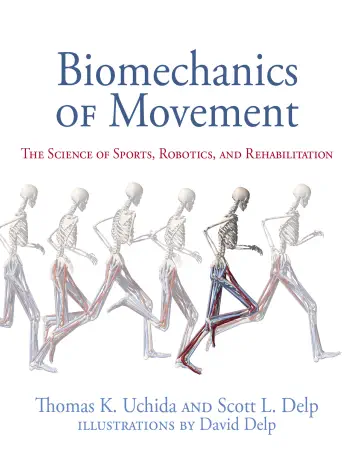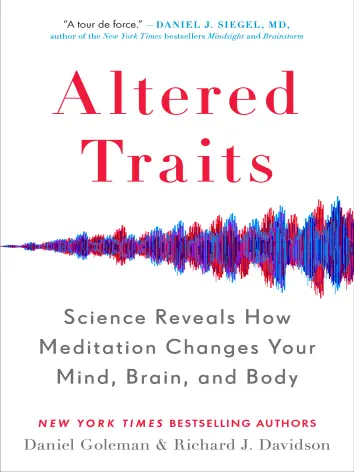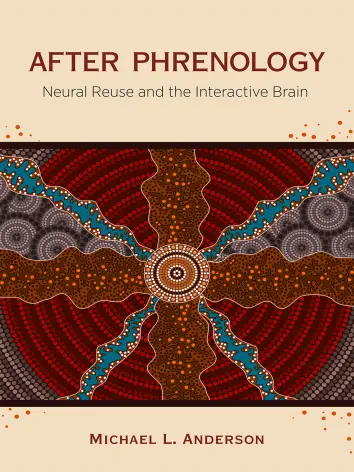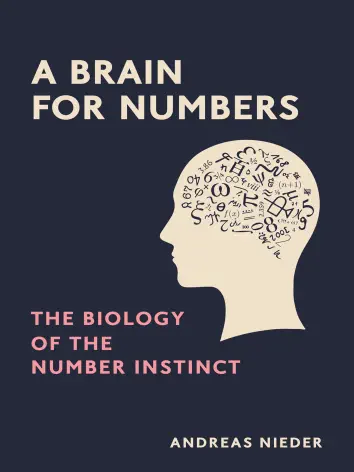An engaging introduction to human and animal movement seen through the lens of mechanics.
How do Olympic sprinters run so fast? Why do astronauts adopt a bounding gait on the moon? How do running shoes improve performance while preventing injuries? This engaging and generously illustrated book answers these questions by examining human and animal movement through the lens of mechanics. The authors present simple conceptual models to study walking and running and apply mechanical principles to a range of interesting examples. They explore the biology of how movement is produced, examining the structure of a muscle down to its microscopic force-generating motors. Drawing on their deep expertise, the authors describe how to create simulations that provide insight into muscle coordination during walking and running, suggest treatments to improve function following injury, and help design devices that enhance human performance.
Throughout, the book emphasizes established principles that provide a foundation for understanding movement. It also describes innovations in computer simulation, mobile motion monitoring, wearable robotics, and other technologies that build on these fundamentals. The book is suitable for use as a textbook by students and researchers studying human and animal movement. It is equally valuable for clinicians, roboticists, engineers, sports scientists, designers, computer scientists, and others who want to understand the biomechanics of movement.






Reviews
There are no reviews yet.